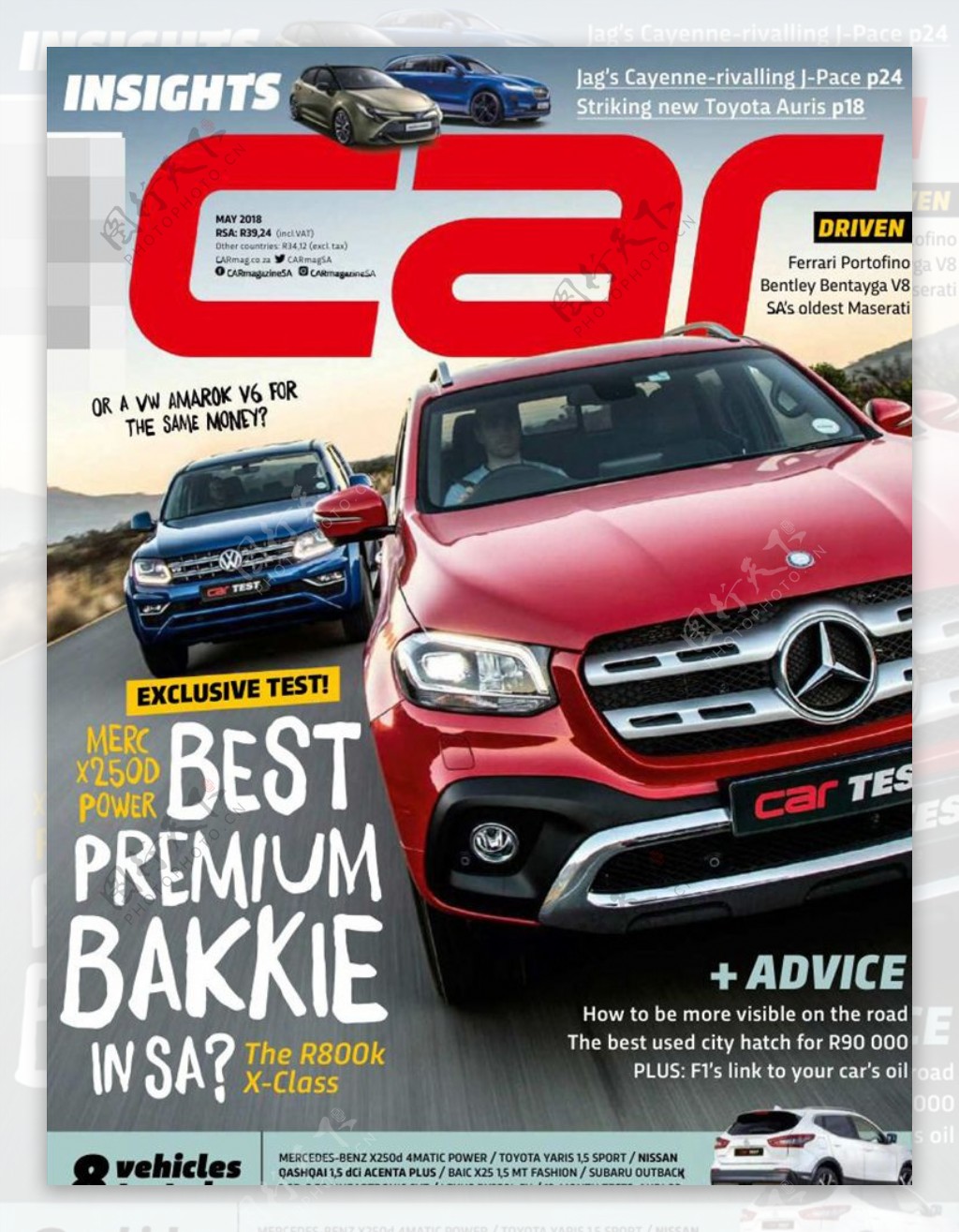
What Fees and Commissions Do Prop Firms Charge for Gold Trades?
Gold has always carried a certain magic in the trading world—shiny, tangible, and immune to most fads. Yet, in prop trading, that glamour comes with a price tag. The question that’s been buzzing in traders’ circles is simple: “What exactly do prop firms charge when you trade gold?” Because while the commodity itself glitters, the fee structure can quickly dull the shine if you don’t know what you’re getting into.
Understanding the Prop Firm Gold Game
Trading gold with a proprietary (prop) firm is a different animal compared to retail brokerage. You’re trading with the firm’s capital, not just your own, so every cent of cost sits inside a more layered structure. There’s the obvious spread – the gap between the buy and sell price – which can widen during volatile hours, especially when gold reacts to sudden shifts in interest rates or geopolitical news. Many prop firms will offer tight spreads during calm periods, but the moment the markets heat up, expect them to open like floodgates.
Some prop firms tack on a commission per lot traded. For gold, that might sound like pennies, but according to traders I’ve worked with, those pennies pile up if you’re running a scalping strategy or flipping multiple positions in a single session. Others swap commissions entirely for slightly wider spreads – a move that can favor low-frequency traders but punish active ones.
More Than Just Fees: Funding & Payout Structures
The real hook with prop firms isn’t just the fee; it’s the profit split. You might keep 70%, 80%, sometimes even 90% of the profits, but those higher splits often come with stricter rules, larger evaluation fees, or tighter drawdown limits. That initial “challenge” fee – the cost to prove you can trade profitably before getting funded – is part of the overall equation, and for many traders the cost feels less like an entry ticket and more like an investment in proving themselves.
Gold traders should also keep an eye on overnight financing costs (swaps). While forex traders are used to swap charges, in commodities like gold they can be quietly significant, especially if you hold positions across multiple days.
Why Gold Stands Out in Prop Trading
Gold isn’t just another instrument in the prop trader’s toolbox – it behaves differently. Volatility spikes during Fed announcements, central bank gold purchases, or geopolitical shocks. The right prop firm can give you access to institutional-grade data feeds, faster execution, and risk tools that make navigating this volatility less of a gamble.
Unlike forex or indices, gold’s price action tends to respect certain technical levels in almost cinematic fashion. Prop firm traders often combine their exposure here with positions in commodities like silver, or hedge against forex pairs, creating multi-asset plays that retail accounts can’t always handle efficiently.
Looking Beyond Gold – The Multi-Asset Advantage
Prop trading firms today aren’t just about gold. They give traders access to forex, stocks, crypto, indices, options, and more – all under one funded account. Skills you learn trading gold’s sharp swings translate beautifully into managing BTC volatility or oil’s supply-demand shocks. This cross-market experience sharpens instincts faster than sticking to a single asset.
Many firms are leaning into decentralized finance integrations – seeing traders experiment with tokenized commodity contracts or synthetic gold pairs on DeFi networks. The challenge here: liquidity and regulation. While great for global reach, decentralized setups still wrestle with slippage, counterparty risk, and uneven fee models.
The Road Ahead – AI & Smart Contracts in Trading
There’s a shift coming. AI-powered trade execution, real-time risk analysis, and smart contracts that automatically settle profit splits could rewrite how prop firms operate. Imagine trading gold where your profit split is paid out instantly via blockchain, no invoices or delays. Or AI tools that flag trades likely to breach your drawdown before they happen – not as a warning after the damage.
Reliable Moves for Gold Traders in Prop Firms
- Factor spreads + commissions together, don’t judge one in isolation.
- Test execution speeds during volatile gold hours – fees mean less if you’re getting poor fills.
- Use multi-asset access for hedging; pair gold with forex majors or equity indices.
- Keep funding and evaluation costs in mind – they’re part of your total “fee footprint.”
Trading gold in a prop environment isn’t about dodging every cost – it’s about making sure those costs buy you the execution, leverage, and market access you need. The best traders treat fees as the price of entry to a bigger game, not just a nuisance.
Because in prop trading gold, every pip and every penny count. Pick your firm like you’d pick your vault – secure, fair, and built for long-term gains.

